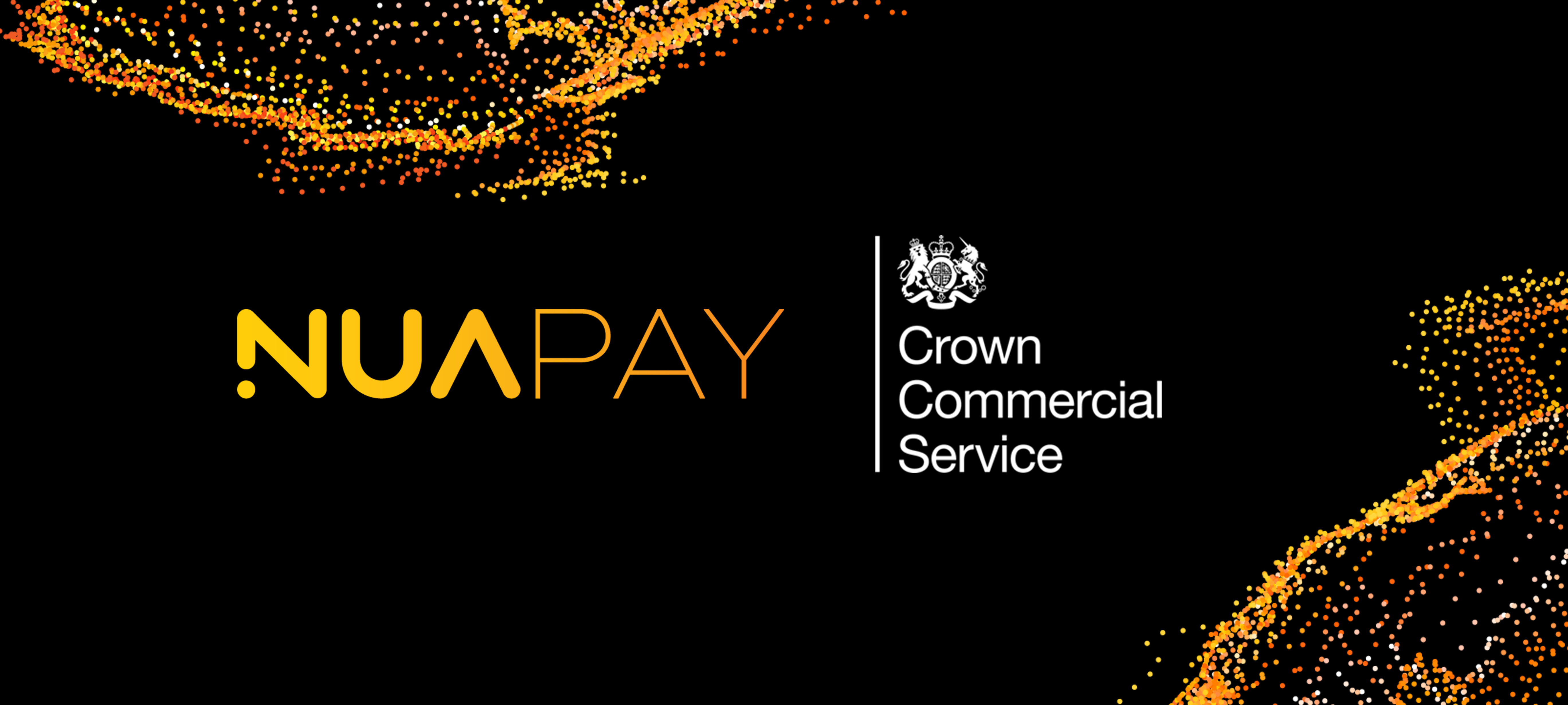Public sector organisations now able to benefit from cost and security advantages of moving from accepting debit and credit cards to open banking payments
9th June 2020: Leading provider of account to account payment solutions, Nuapay, today announces that it has been selected to join the UK Government Crown Commercial Service’s Payment Acceptance Framework. This will enable public sector organisations to benefit from accepting open banking payments through Payment Initiation Services for the first time.
The addition of Nuapay and other select Payment Initiation Service Providers (PISPs) to the Payment Acceptance Framework will enable public sector organisations to take payments quickly and with minimal friction while ensuring compliance with security and data privacy regulations including Secure Customer Authentication (SCA).
Open banking payments, where the payer instructs their bank to send money from their account directly to the recipient’s account, do not require disclosure of any card or account credentials. This drastically reduces the risk of fraud, benefiting consumers.
Public sector organisations accepting account-to-account payments are able to significantly reduce the cost of processing and accepting payments, as the card scheme rails are not used. In addition, funds are transferred in real time.
Consumers make billions of pounds in debit and credit card payments each year to Government agencies. There is potential for a significant proportion of these payments to be migrated across to open banking solutions. Some agencies already offer bank transfers as a means of payment, and this open banking initiative is expected to accelerate that.
Also joining the PISP panel, which operates from 2020-2023, are WorldPay, Global Payments, Token, Reflow, American Express, NatWest and TrueLayer.
“This is excellent news for the adoption of open banking payments.” comments Brian Hanrahan, Chief Commercial Officer of Sentenial, Nuapay’s parent company. “Already this year, the number of UK consumers using open banking passed the one million milestone. As large public sector organisations begin accepting open banking payments, the cost and security benefits to consumers and businesses will become more visible and adoption will further increase.”





